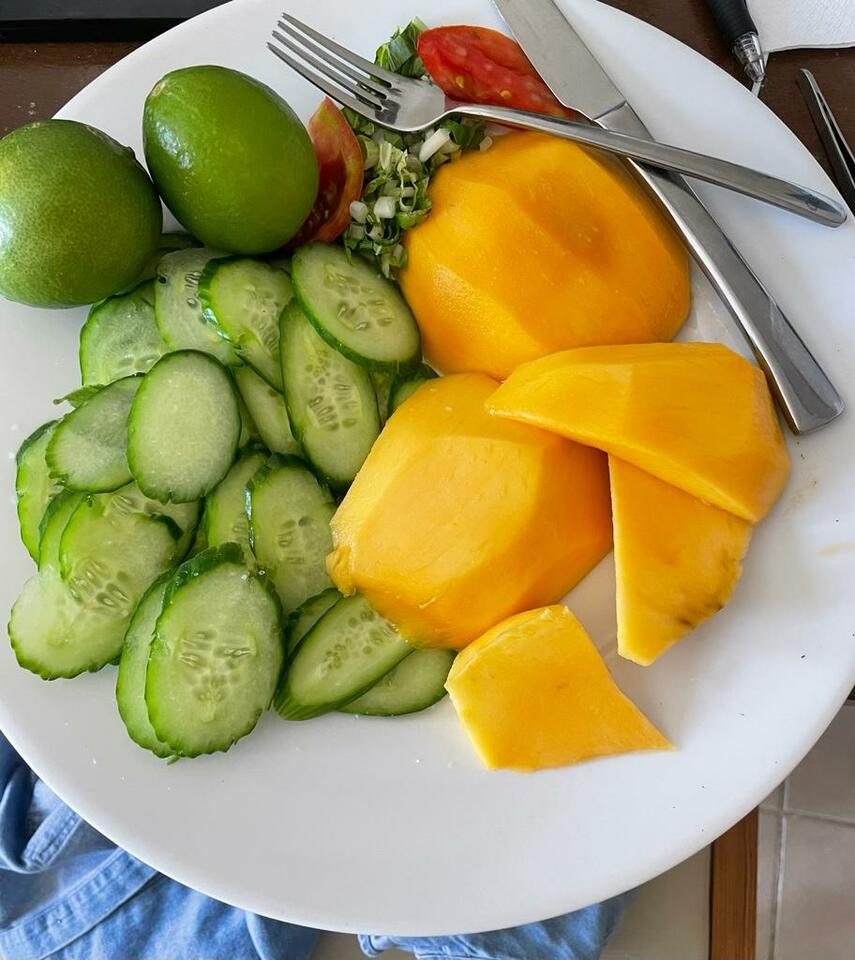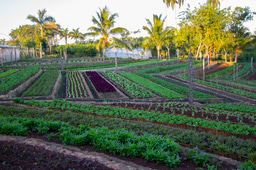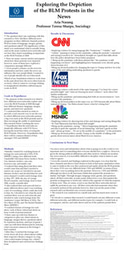Blog Post 2 - Cuba!

Although my initial choice to go to Cuba for study abroad was unrelated to this research, I quickly realized how much I could learn about food insecurity there. Before I share my findings, it is important to note that food insecurity looks different in every country and in no way is the purpose of this research to show that one country has it better than another. Overall I will share what I personally have learned about food insecurity in both countries and this post starts with Cuba.
Most of Cuba's problems with access to food have to do with the embargo and its relationship with Venezuela. A lot of Cuba's money and food come from its relationships with other countries, most of which are strained as of now. One of the first things I noticed when it came to food in Cuba had to do with the diversity of foods and what exactly they had access too. Of course, I was coming in as a tourist from a place of a lot of privilege and I, along with the rest of the group, stayed in a hotel. But from this perspective, food was very limited, and we were given essentially the same meal every night. Sometimes, the kitchen was able to get access to beans or a special dessert, but that was usually an occasion.
Since I, coming from a place of privilege, was lucky enough to get more than enough food three times a day, a lot of what I observed had to do with the variety of foods (which will link to my work in the U.S. in the next couple of posts as well). For example, many pizza places in Havana, Cuba never actually had any pizza and a part of the routine of going out to a restaurant involved going through what foods on the menu they actually had. Furthermore, there are also bans on certain foods. I spent a lot of time in the fruit markets there and a lot of the time there would be people secretly selling foods like milk and potatoes.
I spent one of my last weeks in Cuba at a farm a little outside of Havana (Finca Marta) where I got to see the food they grow and learn more about access in Cuba. Finca Marta is a sustainable farm and supplies food to all kinds of restaurants in Havana. There, I learned that the lack of oil in Cuba, due to their strained relationship with Venezuela, has made it hard to power tractors and other machinery, which, in turn, makes it hard to get crops out. Additionally post Covid-19, there have been big shortages in food imports and so it is harder to produce farmer harvests.
Despite some of the difficulties Cuba has faced with food, its resilience is palpable. I could not help but notice the creativity and hard work that the Cuban people put in to make sure there was something on the table at all times. If you didn't know this, there's a large amount of Chinese food in Cuba and since Chinese spics and ingredients aren't as accessible there, people think on their toes and alter ingredients that do come easy to resemble typical Chinese cuisine and honestly, I've had some of the best Chinese food ever in Cuba.




Please sign in
If you are a registered user on Laidlaw Scholars Network, please sign in